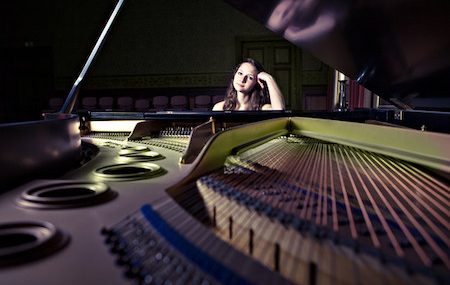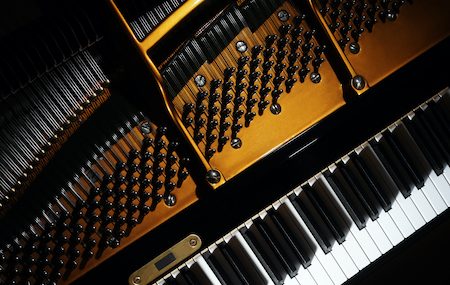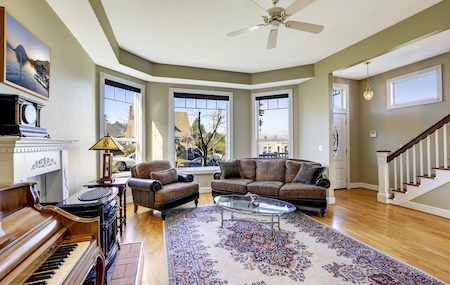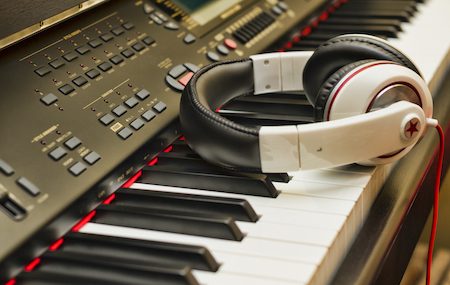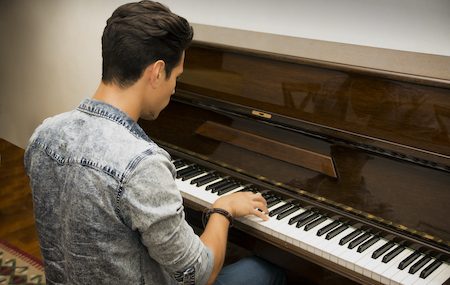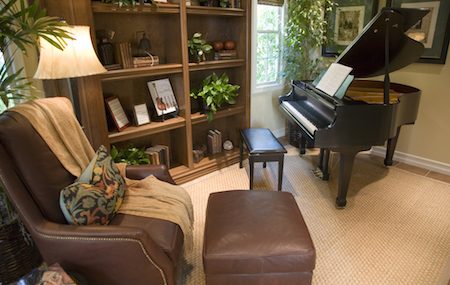Buying the new piano is the easy part.
It’s what comes next that trips people up. Especially right here in the heart of a pandemic. You’re stuck at home. You want to play. But where do you go from here?
Maybe you can’t get out and go to your local community center to sign up for group lessons. Maybe the neighbor who everyone recommends is no longer giving lessons.
What’s next?
The good news is there are plenty of options to help you learn piano now.
Hire a piano teacher
Maybe your local piano teacher is no longer teaching, but that doesn’t mean you can’t find many who are. Just like other business models that have transferred their services online, you’ll find many piano teachers have done the same.
Instead of traveling to a home or music store, you can work one on one with a piano teacher from the comfort of your home. Head to Zoom or your piano teacher’s preferred program and you’ll get individual instruction from someone who can help you perfect your skills.
If you don’t know someone in your community offering piano lessons, do a quick Google search. You won’t have to rely on who is in your community – you can find someone who meets your requirements from anywhere in the world. This is also a good tip if you’re perfecting your skills, and looking for a particular type of instructor.
Online piano teaching
What if you could learn the piano from one of your favorite musicians? There’s an app for that.
This is a way to make learning fun. Using technology, you can work your way through a variety of lessons, pick songs from your favorite artist, and learn from some of the best in the business. If Harry Connick Jr was helping you improve your skills, would you play along?
Luckily, we’re at a point in history where this is possible. Playgroundsessions.com is a program produced by music legend Quincy Jones, with a little help from some famous friends. You choose what you want to learn, and have the option for going as fast or as slow as you desire.
What’s next?
If you have a new piano, your next step is to take action. Choose the perfect method of learning for your needs.
If you haven’t invested in a new piano yet, we can help. No matter what level of piano you’re looking for, we have the perfect piano for you. Give us a call today.
